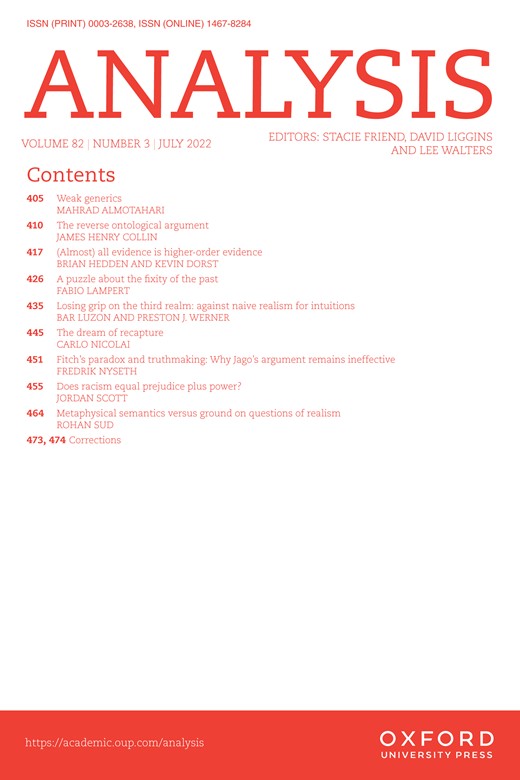
Seattle city employee sues over anti-White discrimination, ‘racially hostile work environment’
A White former Seattle employee has filed a federal lawsuit against the city claiming it discriminated against him due to the color of his skin.
A former Seattle city employee has filed a federal civil rights lawsuit alleging he was a victim of anti-White discrimination due to a "racially hostile work environment."
Joshua Diemert, who worked as a program intake representative in Seattle’s Department of Human Services from 2013 to 2021, filed suit Nov. 16 against the city and its mayor, Bruce Harrell, claiming he was constantly belittled and harassed at work for being White and that he was denied advancement opportunities and retaliated against due to the color of his skin.
Diemert’s lawsuit blames the alleged anti-White culture he experienced on the city’s Race and Social Justice Initiative (RSJI), which seeks to "end institutionalized racism and race-based disparities in City government," according to the city government’s website.
The lawsuit alleges that Diemert's race was an "albatross around his neck" throughout his career, and that the discrimination became "increasingly pervasive and hostile" as his career developed
....
As part of his RSJI training, the lawsuit alleges, Diemert was required to attend a two-day workshop in 2019 called "Undoing Institutional Racism," during which facilitators declared, "white people are like the devil," "racism is in white people’s DNA," and "white people are cannibals."
...
"In June 2020, the Office of Civil Rights emailed Mr. Diemert stating that it was hosting a training on ‘Internalized Racial Superiority,’ and that this was ‘specifically targeted for White employees,’" the lawsuit claims. "The training focused on examining white employees’ ‘complicity in the system of white
supremacy,’ and how white employees ‘internalize and reinforce’ racism."
"The goal of the training was to turn these employees into white ‘accomplices’ who would interrupt the ‘whiteness’ that they saw in their colleagues," it added.
...


